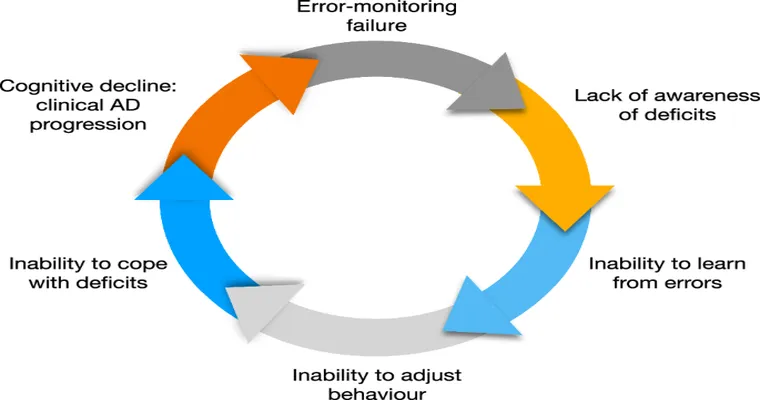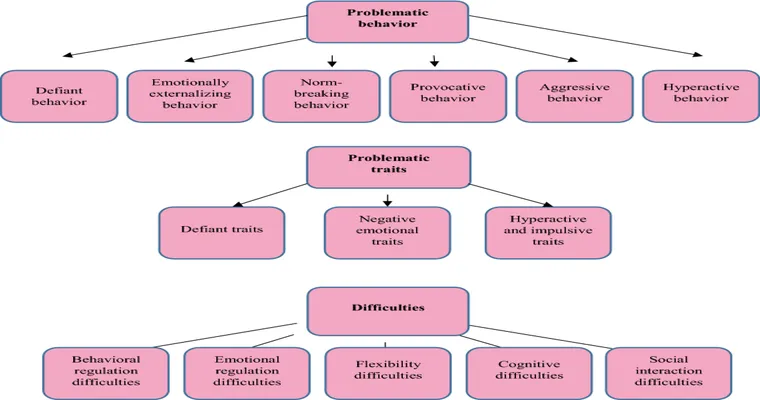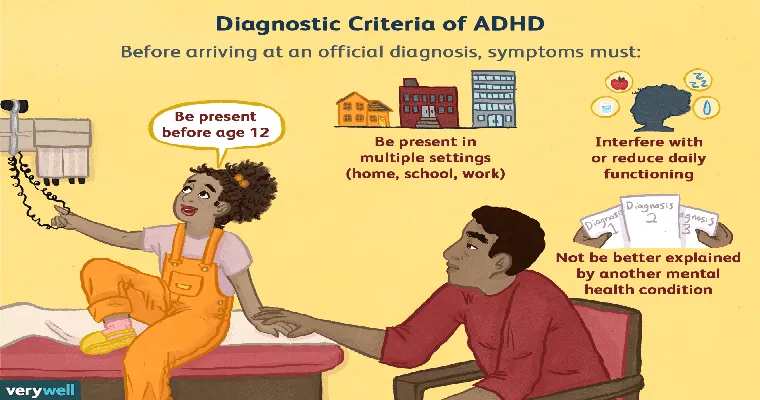"Anosognosia" is a condition that often complicates the lives of those affected by "dementia". It refers to a lack of awareness or inability to recognize one's own cognitive impairments. This phenomenon can be particularly challenging for caregivers and healthcare providers, as patients may be unaware of their "memory loss", "cognitive decline", or other related issues. Understanding anosognosia is crucial for better management and support of individuals living with dementia.
Dementia is a broad term that encompasses various cognitive impairments, including Alzheimer's disease, vascular dementia, and frontotemporal dementia. Each type comes with its own set of challenges, but anosognosia can occur across all forms. Patients may deny their condition, leading to frustration for caregivers who witness the decline but cannot get the patient to acknowledge it.
The underlying cause of anosognosia often lies in the brain's structure and function. Damage to specific areas of the brain responsible for self-awareness and insight can lead to this disconnection. For instance, the "frontal lobe", which plays a crucial role in executive functions and self-regulation, is often affected in dementia patients. This damage can result in a profound lack of awareness about their limitations, making it difficult for them to engage in necessary therapies or make informed decisions about their care.
Recognizing the signs of anosognosia is vital for caregivers. Symptoms may include:
Denial of memory problems
Blaming others for misplacing items
Overestimating their abilities, such as driving or managing finances
Lack of concern about their health or safety
These behaviors can be distressing, not just for caregivers, but also for the patients themselves. They may feel frustrated or confused when others express concern about their cognitive health. This lack of awareness can also hinder the effectiveness of treatment plans, as patients may resist participation in therapies designed to help them.
To address anosognosia, caregivers can adopt several strategies. First, fostering a supportive environment is essential. Encourage open communication about cognitive issues without being confrontational. Using gentle reminders and focusing on observable behaviors rather than labeling the condition can help. For instance, instead of saying, "You have memory loss," you might say, "I noticed you forgot where you put your keys again. Let’s find them together."
Engaging patients in activities that promote cognitive function can also be beneficial. This includes memory games, puzzles, and discussions about past experiences. These activities can help reinforce what they do remember and gradually increase their awareness of any deficits.
Additionally, involving healthcare professionals who specialize in dementia care can provide invaluable support. These experts can offer tailored strategies and interventions that address both the symptoms of dementia and the challenges of anosognosia.
In conclusion, understanding "anosognosia" is paramount for anyone involved in the care of dementia patients. Recognizing the lack of self-awareness can lead to more effective communication and care strategies, ultimately improving the quality of life for both patients and caregivers. By approaching this condition with empathy and patience, caregivers can foster a more supportive environment that encourages engagement and understanding, even in the face of cognitive decline.





